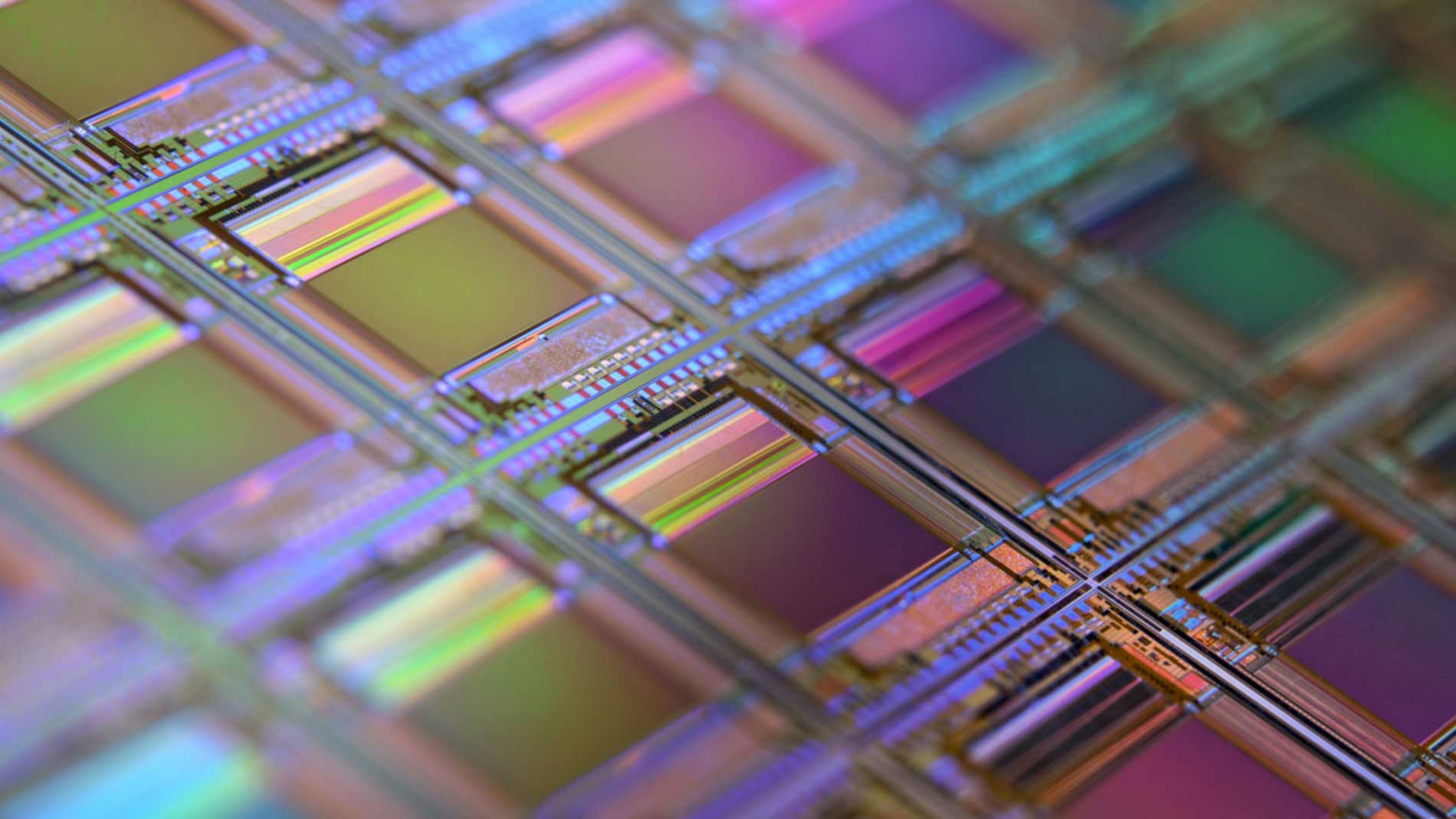Qualcomm has confirmed the launch of its next-generation chipset, the Snapdragon 8 Gen 4, set for unveiling in the fall of 2024. This announcement, made at the Mobile World Congress (MWC) 2024 by Don McGuire of Qualcomm, promises a slew of advancements and innovations that are poised to redefine the landscape of flagship smartphones.
The Snapdragon 8 Gen 4 represents a significant leap forward, introducing a fresh CPU design, Ultra-Wideband (UWB) connectivity, and an enhanced 5G modem powered by artificial intelligence (AI). Qualcomm’s unveiling at the upcoming Snapdragon Summit in October 2024 is highly anticipated, with the industry eagerly awaiting to see the chipset’s full capabilities.
Orion CPU Architecture: A Game-Changer
Central to the Snapdragon 8 Gen 4 is the Orion CPU architecture. Previously announced in October 2023 with the Snapdragon X Elite chipset—a high-performance ARM processing solution for Windows PCs—Orion now makes its way into the smartphone realm. Its integration signifies a major shift towards unparalleled performance and efficiency.
Orion’s introduction to the Snapdragon 8 Gen 4 is rumored to be facilitated by TSMC’s second-generation 3nm manufacturing process. This advanced fabrication technique is expected to significantly enhance energy efficiency, allowing for the inclusion of the Orion core in a smartphone chipset package.
Performance and Efficiency Redefined
The Snapdragon 8 Gen 4 is rumored to feature six performance cores and two Prime high-performance cores, diverging from the traditional focus on efficiency cores. This shift mirrors MediaTek’s strategy with its Dimensity 9300 chipset, signaling Qualcomm’s commitment to pushing the boundaries of performance.
Orion’s CPU performance is touted to be up to twice as fast as its competitors, at a fraction of the energy consumption. While it remains to be seen if these dramatic improvements will fully translate to the smartphone version, the Snapdragon 8 Gen 4 is expected to significantly outpace its predecessor, the Snapdragon 8 Gen 3.
Cooling Challenges and Future Prospects
The integration of such powerful components raises questions about thermal management, especially considering the cooling challenges faced by the current Snapdragon 8 Gen 3 series. Only a few devices, such as the Asus Rog and Samsung S24, have managed effective cooling, primarily through active cooling solutions. Whether the Snapdragon 8 Gen 4 will require similar measures for the upcoming Galaxy S25 series is a subject of speculation.





